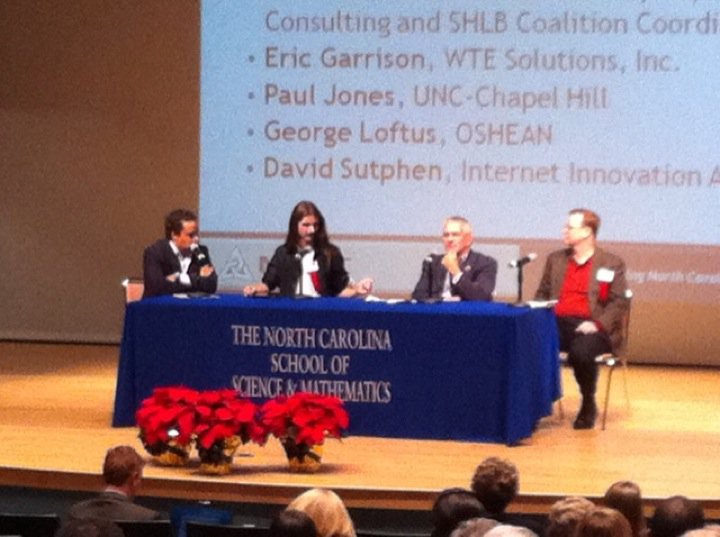When I arrived at the University of North Carolina in 1977, I had had no experience at all with computer messaging systems. In fact the term “email” wasn’t invented yet. 1977 was the year that the first of the RFCs regarding email was issued (RFC733 – “Standard for the format of ARPA network text messages”). Although the Computer Science Department was nearby, those of us working on the IBM 360/75 had to be content with a non-networked mainframe and its primitive time-sharing system CALLOS which called nothing much but allowed for some simple messaging and light weight programming. CS would soon be using UUCP (The Unix to Unix Copy Program or occasionally and more properly Protocol) developed by Mike Lesk, but for the moment even their email was mostly on the same computers. Usenet’s invention was only a few years off (2 or 3), but CALLOS was about as good as one could hope for — if one’s hope weren’t too high.
Somehow I managed to get to share responsibility for CALLOS with Martin Feinstein and tried my hand at a few scripts that I used to create games which were more like question answerers than games. I never got very far but I was heavily influenced by the folks I saw obsessively playing “Adventure” aka “Adventure Cave” on the teletype machines. Nothing on CALLOS could approach the complex Fortran-based Adventure with its dwarves, canaries, dragons and the secret word passed on from player to player – “XYZZY” .
Years, not so many years, later a City Planning student, Howard Cherniak, who had completed the Adventure give me a printout of the Fortan code. I have no idea where it is now nor do I know what became of Howard. Perhaps he has returned to the edge of a dark forest typing downstream and hoping to rejoin the cheering band of friendly elves.










Recent Comments